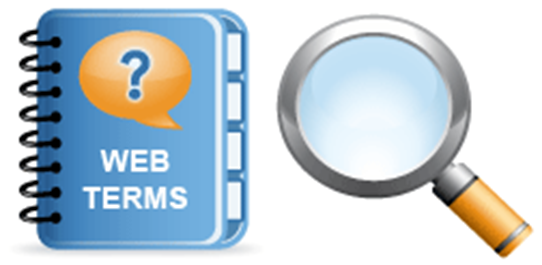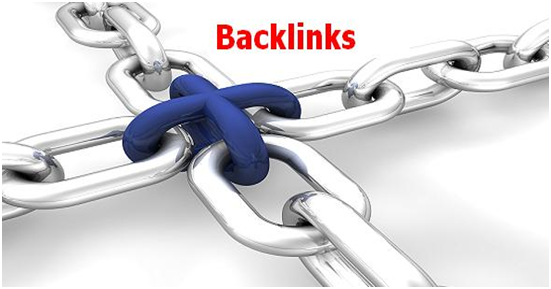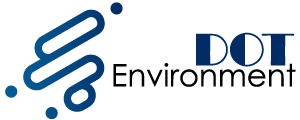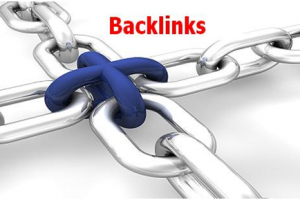We all we need a great website to stay competitive in today’s digital business world but do we all understand the jargon involved? A lot of us will profess to know a little but few of us understand enough to create our own functioning websites. Here is just some of the jargon and an attempt to debunk what it means:
Accessibility – Simply put, this relates to the design and coding of your website and how easy it is for people to use and navigate the site. This also includes those with visual impairments, those with disabilities, or running older software. Compatibility with smaller devices such as tablets and mobile phones is also essential now with so many people accessing the internet on their phones. If your website is not mobile-friendly these days, your website could be hit from a penalty from Google.

Anchor Text – Any text in the content of your site that is turned into a hyperlink to a different website. They can also be used on other sites to be directed to your site, which affects where you’re found in search listings.
ASP – This is a type of coding language compatible with Windows servers. It is normally used to improve functionality or to work with a database and works alongside html and its variants.
Backlinks – As mentioned above in Anchor Text – a backlink is a hyperlink on a different website that links back to your site. Backlinks are useful to improve a site’s popularity and increase traffic to your website. It must be a good quality link with appropriate anchor text to satisfy Google’s algorithm which looks at the quality of your site.

Bounce Rate – This refers to the percentage of people who leave your site from the same page they landed on without investigating any of the site’s other pages. A high bounce rate might mean a problem with your navigation or your content quality. If you’re experiencing any issues with your website, it might time to seek the advice of Web Designers Somerset like https://www.somersetwebservices.co.uk/
Cache – Whenever you do a task on your computer, it stores this information so the next time you do it, the reaction time is faster. The storage area for this information is called a cache. Every so often a cache needs to be cleared out or too much stored information can actually make your machine run slower.
CMS – This stands for a ‘Content Management System’ which is usually database driven and allows a user to manage and amend their own website without needing to know coding.
Conversion – In marketing terms, this is the measurement of how many site visitors turn into buying customers. This is the ultimate goal of all website marketing as businesses want to ‘convert’ visits into transactions.
Cookies – This is a term we see daily but not many of us understand. Each time you visit a website, a tiny piece of information is stored on your computer. They are most often harmless and can be used for various reasons including allowing a site to load faster next time you visit. They are also used to track movement from other sites, particularly those paying for advertising and for marketing purposes. A regular clean-up of cookies is advised as they will soon fill up your memory space.




